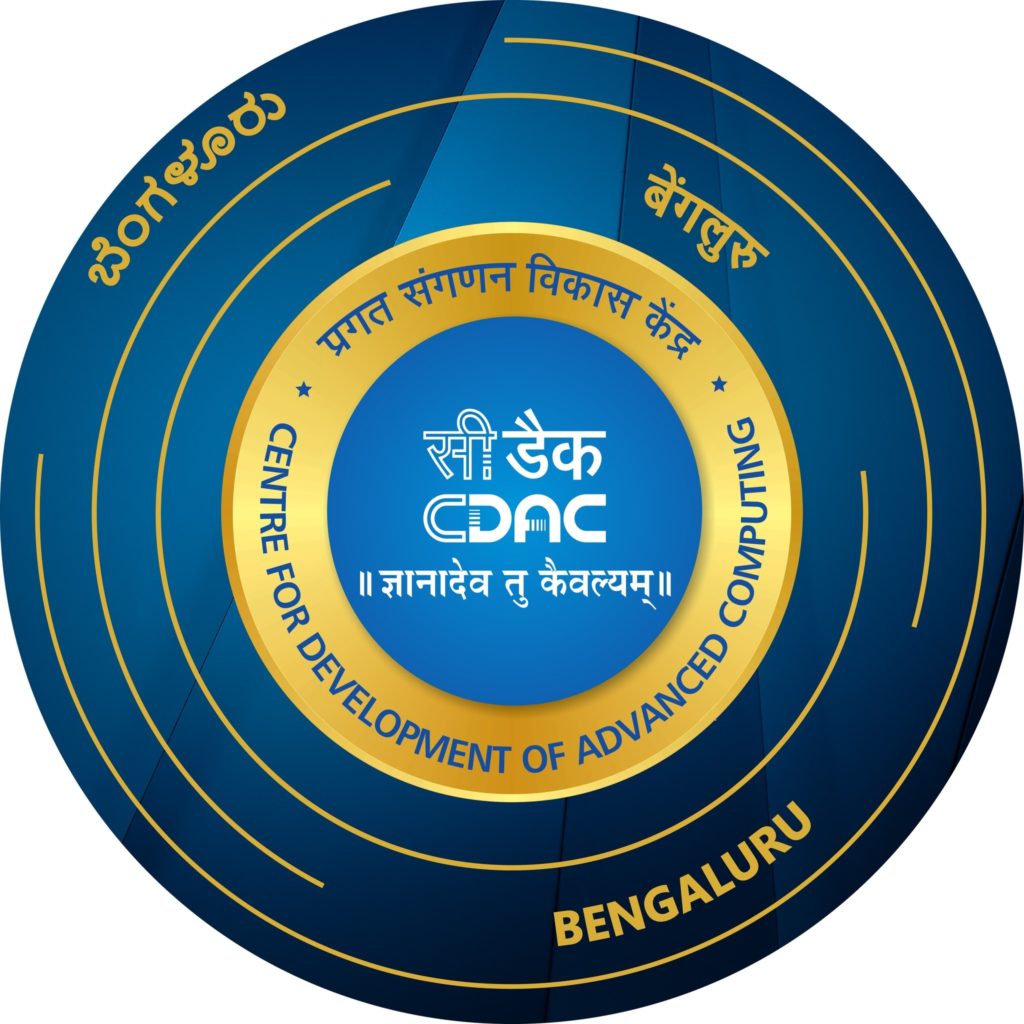I. Accepted papers for talks without proceedings
- Maximal device-independent randomness in every dimension
Máté Farkas (University of York)
Jurij Volčič (University of Auckland)
Sigurd A. L. Storgaard (University of Copenhagen)
Ranyiliu Chen (University of Copenhagen)
Laura Mančinska (University of Copenhagen)
Maximal device-independent randomness in every dimension
II. Accepted papers for with proceedings





